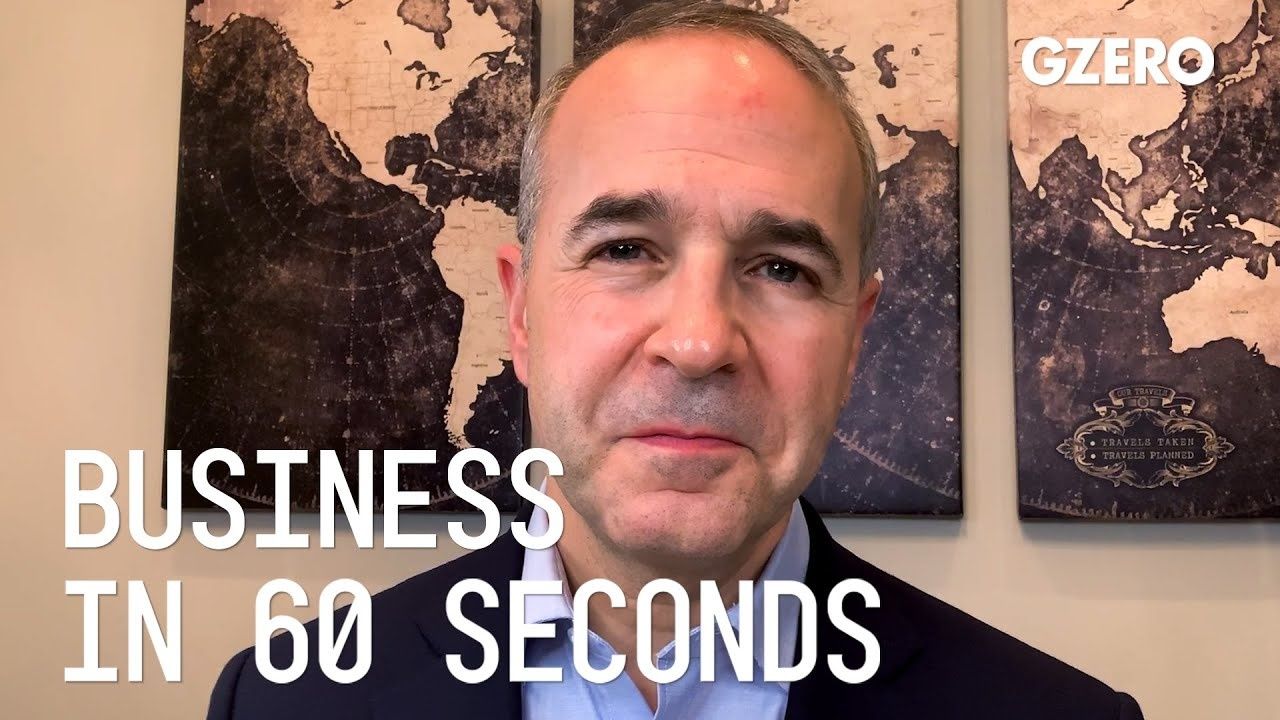
Kevin Sneader, Global Managing Partner at McKinsey & Company, stresses the value of leading with empathy:
How should leaders lead in this next normal?
When I was chatting with a CEO recently, he said to me that the biggest characteristic he exercised in leading his corporation wasn't financial acumen, wasn't an insight into understanding organizational dynamics, it was actually showing a little love. Showing a little love, that's an odd thing for a CEO to say as the number one attribute. But we're in the midst of a pandemic and that's what's required. It means empathy over facts. It means elevating the to-be list to be at the same level of importance as the to-do list. In other words, which CEO wants to show up today? To be caring, to be determined, to be confident. Think about that.
It means fully embracing the notion of purpose. In a world where business and society are not connected very practically as government becomes the payer, the lender, or the insurer of last resort, and citizens expect to see how their investment in corporations has been well spent, and CEOs and others must deliver a different type of leadership. And in that context, making the most of peer networks, bringing those who now have to lead together in a space where there is no playbook, there is no defined way to do things, well, that's definitely needed. But the overwhelming thought, show a little love. That's the new tool kit CEOs and others must develop to lead in this next normal.